Tokyo Olympics 2020: Phone call that changed 124 years of history
The IOC was already under pressure to delay the Tokyo Olympics after athletes and sporting federations began speaking up, but it wasn’t their voices that swayed Thomas Bach to reschedule the Games.
Olympics
Don't miss out on the headlines from Olympics. Followed categories will be added to My News.
- Revealed: the 42 Aussie athletes secure for Tokyo
- Sydney isolation room where Tokyo Games will be saved
After weeks of insisting it was business as usual and the Tokyo Olympics would proceed as planned this year, the unprecedented decision to postpone the biggest sporting event on the planet was made at lightning speed.
As exclusively revealed by The Daily Telegraph, the fate of the Tokyo Olympics was decided quickly but only after the penny finally dropped and the International Olympic Committee (IOC) realised the Games could not go ahead this year because of the unfolding global health crisis.
It took another two days before it was announced the Games were being delayed until 2021, but not just because the IOC was dragging its heels and delaying what everyone else could see was inevitable.
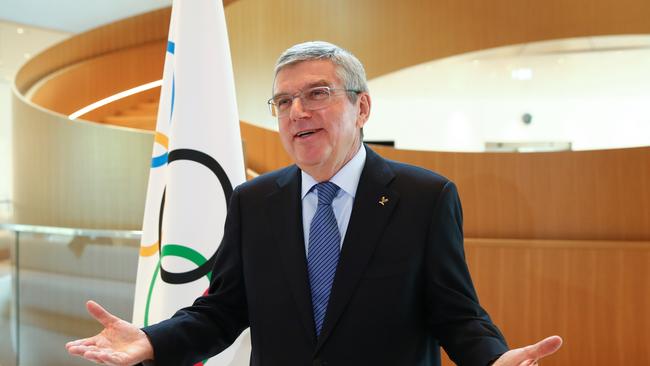
It was, but the added complexity of trying to reschedule an Olympics for the first time in 124 years when the global situation was changing so rapidly meant the IOC needed the full backing of Japan and other key stakeholders or it faced the dire prospect of cancelling the Games altogether.
In effect, Tokyo 2020 was doomed on Sunday morning when IOC president Thomas Bach called an emergency meeting of his executive board, but the birth of Tokyo 2021 required high-level diplomacy.
The IOC was already under pressure to delay the Games after athletes and sporting federations began speaking up, with Swimming Australia the first to break ranks, but it wasn’t their voices that swayed the German lawyer.
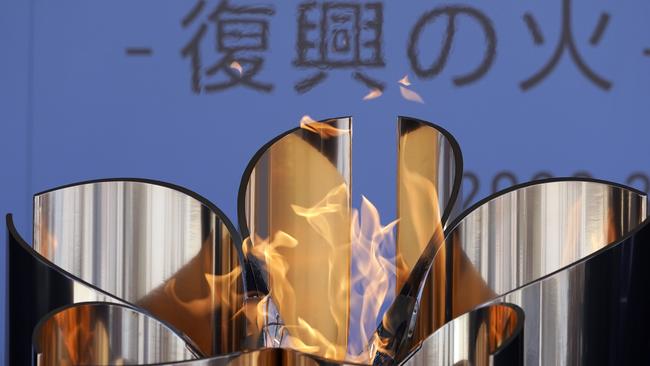
Still believing the plans to slow down the outbreak were working, everything changed on Sunday when Bach woke to the news that the coronavirus was spreading quickly into Africa, Latin America and the Pacific Islands and the numbers were spiralling out of control in the US.
“This was the moment when I called an emergency meeting of the IOC executive board, with the aim to open a discussion with our Japanese hosts, partners and friends about the postponement of the Games,” Bach said.
Before the emergency meeting went ahead, Bach made the most important call since he was elected IOC president at the 2013 Congress in Buenos Aires, the same time Tokyo was awarded the 2020 Olympics.
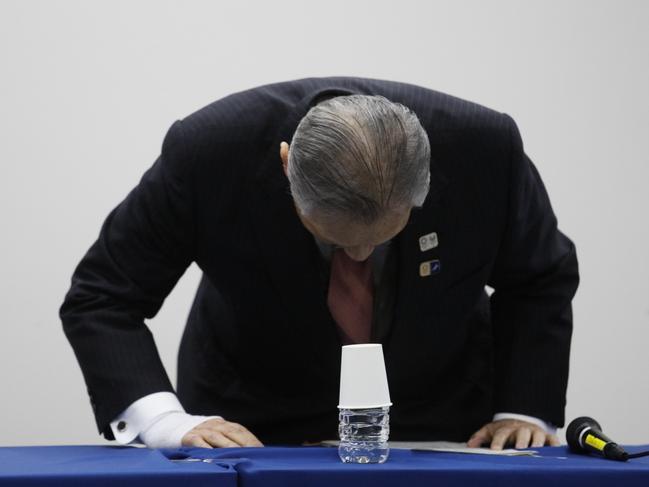
Although the IOC had the power to cancel the Games, it could only reschedule for 2021 unless Japan agreed so Bach rang Yoshiro Mori, the former Japanese prime minister who is heading up the organising committee for the Tokyo Olympics.
When they finished talking, Mori immediately called the current prime minister Shinzo Abe as Bach waited in Switzerland for an answer before addressing the IOC executive.
“The result of this conversation was that the organising committee and Japan were ready to discuss different scenarios, in particular a postponement,” Bach said.
Believing it had weathered the storm and there was still no need to rush into a decision, the IOC went public with the news it was finally considering Plan B and needed another four weeks to make the final call but things were moving way too fast.
Bach knew the Games were cooked.
OLYMPIC STARS’ EPIC 4000KM JOURNEY TO SELF ISOLATION
They’re the merry, merry kings of the bush.
Locked out of the Kookaburras’ high-performance camp in Perth after the postponement of the Tokyo Olympics, four of Australia’s leading hockey players are taking self isolation to extreme levels.
Instead of flying back to their homes in NSW, Tom Craig, Lachlan Sharp, Kurt Lovett and Tim Brand have decided to take the slow route home – making the 4,000km coast to coast journey across the Nullarbor Plain by car.
“With the news of the Olympics being postponed we’ve decided to road trip back to the East Coast to be with our families and self isolate,” Craig said in a video taken en route.
“We’re in the middle of nowhere surrounded by about 1,000 flies but some pretty nice views but just want to wish everyone all the best in the upcoming few months.”
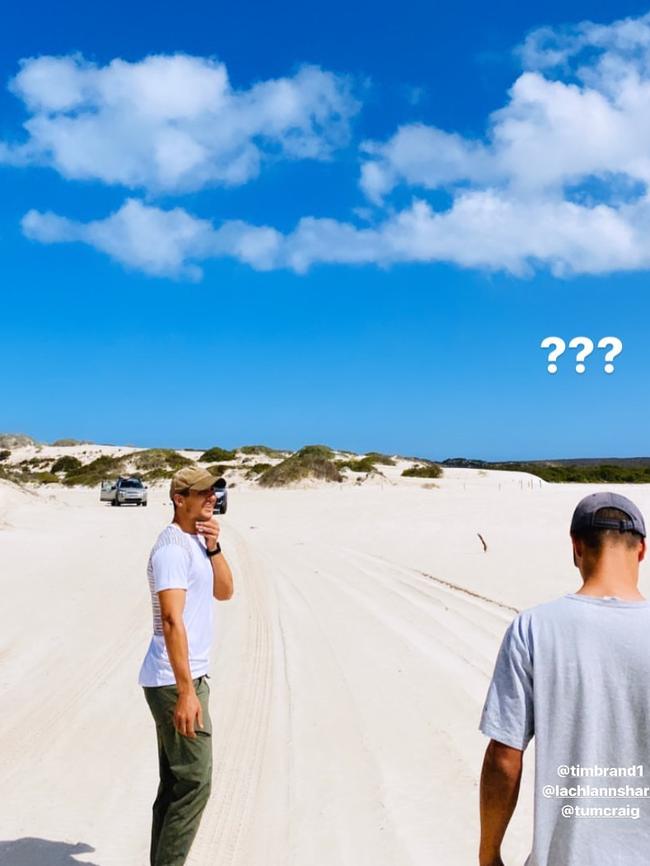
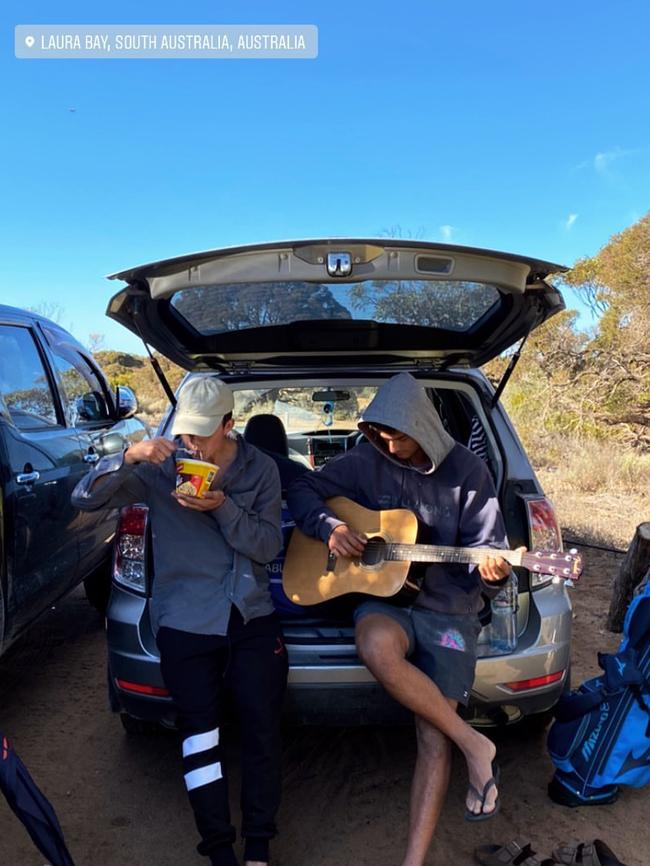
Although the team won’t be selected until next year, the Kookaburras are already assured of going to the 2021 Tokyo Olympics after winning the 2019 Oceania Cup.
They were scheduled to play the host nation Japan in a blockbuster start to the tournament but that will have to wait for now with the health and safety of all Australians the immediate priority.
“It’s going to be pretty hard for us and everyone but we’re Aussies so we’ll all get through it,” Craig said.
“Be safe, do all the right things, stay connected to the ones you love and here’s to Tokyo 2021.”
